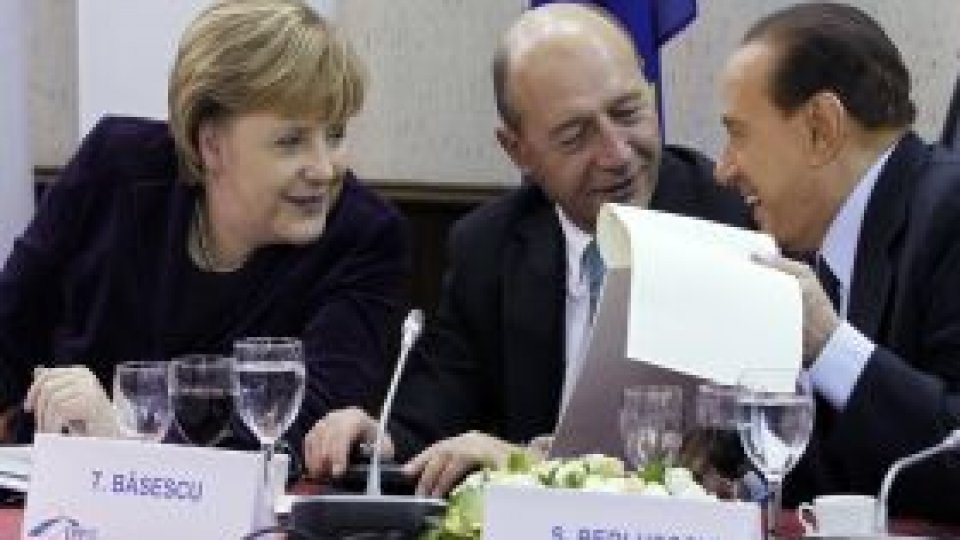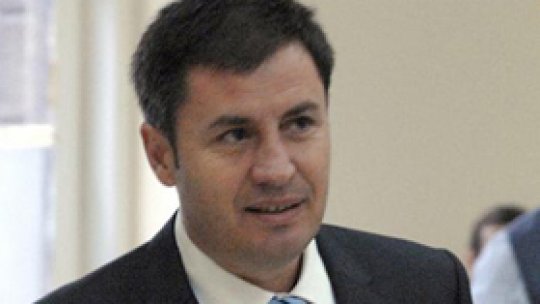‘No additional obligations’ for Schengen area
President Traian Băsescu stated that he will not accept further additional obligations beside the ones provided in the treaty on Romania’s accession to the Schengen area.

18 Decembrie 2010, 12:30
Romania’s president Traian Băsescu confirmed at the end of the winter European Council meeting held in Brussels that Romania is willing to accept assistance at its borders after entering the Schengen area, but will not accept delays on ungrounded reasons or reasons that are not in line with the accession treaty.
‘I offered arguments justifying that the monitoring and cooperation mechanism is not part of the accession treaty. It is a mechanism Romania and the Commission agreed on and which was not the subject of ratification either in the Romanian Parliament or in any other European state. Romania continues to be willing to apply this mechanism, but it will not accept ungrounded delays, or other reasons besides the ones provided in the accession treaty, Traian Băsescu stated.
Troubled Euro countries will benefit from a rescue mechanism
According to Radio Romania correspondent, Luminiţa Apostol, Montenegro has received candidate status for EU membership and leaders agreed upon modifying the EU Treaty to create a permanent rescue mechanism for troubled member states.
European countries bid farewell to a year of euro crisis optimistically, thanks to the latest decisions at this last summit of 2010.
There were important decisions for a series of radical changes, as president of the European Commission, Jose Manuel Barroso said, adding that changing the EU Treaty is not easy.
EU leaders underlined two important things: the mechanism will be employed only if absolutely necessary, and that troubled EU member states will receive the loans only on strict terms, to avoid possible abuse.
Political will to stabilize the eurozone
EU leaders insisted upon a phrase from the treaty to show their readiness and to calm down financial markets.
‘We have a common strategy and political will to take all necessary measures to ensure a stable eurozone’, president of European Council, Herman Van Rompuy, said.
An idea that was used by German chancellor, Angela Merkel, and president Nicolas Sarkozy, and Jose Manuel Barroso in their statements as well.
'We will do everything necessary to ensure a financially stable eurozone’, added Jose Manuel Barroso.
It was a solemn statement from EU leaders, not only that, but also a declaration with real commitment, Jose Manuel Barroso said.
Non-EU states can also participate in the rescue mechanism.
The mechanism will be approved in the summit of March next year, and it will come into force in the summer of 2013, when the temporary mechanism for Greece expires, and after national parliaments will end procedures of changing the EU Treaty.
Translated by Ciocănel Tudor
MA Student, MTTLC, Bucharest University














